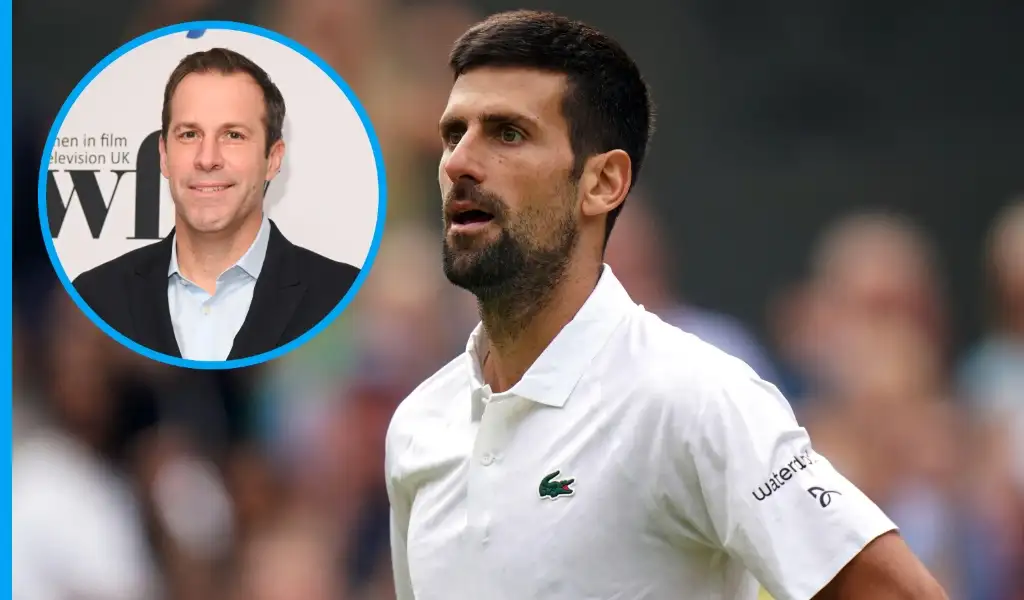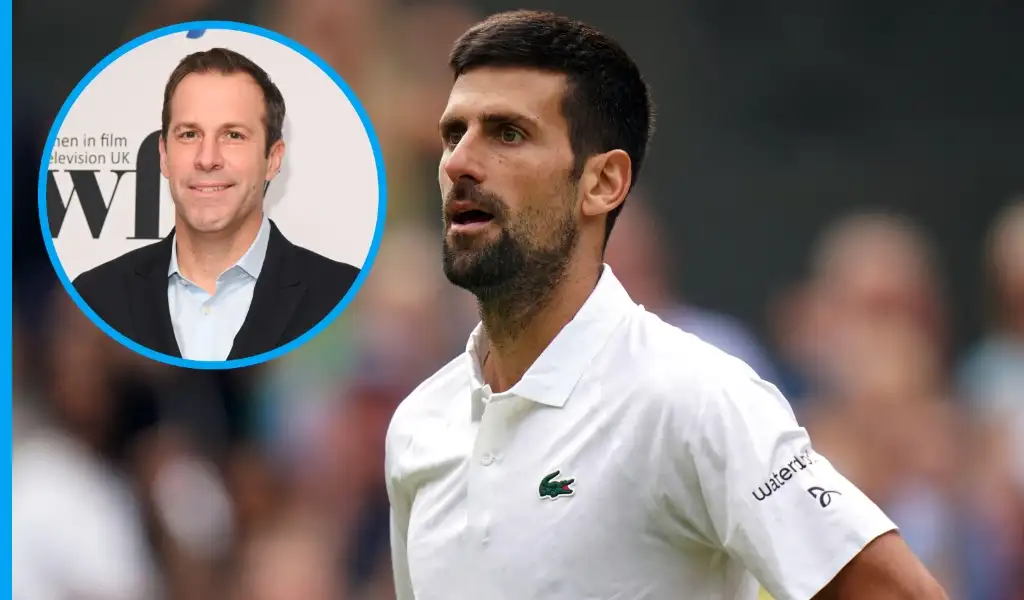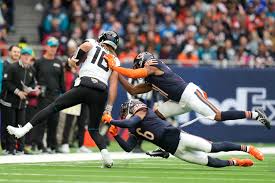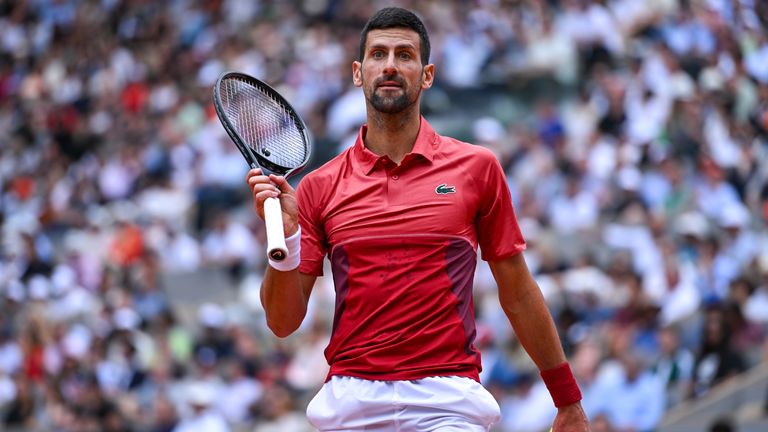In a surprising turn of events, tennis superstar Novak Djokovic has announced that he will not participate in the upcoming ATP Finals. The decision comes as speculation mounts regarding a significant shift in his career strategy as he prepares for the 2025 season. Djokovic, who has long been a dominant force in men’s tennis, has been urged by coaches, analysts, and fans alike to consider his future in the sport and make pivotal adjustments moving forward.
Djokovic’s decision not to compete in the ATP Finals is particularly notable given his history at the event. With multiple titles to his name, he has been a central figure in the tournament and a fan favorite. However, his recent performances and the physical demands of the tour have led to increased discussions about his longevity in the sport.
The Decision to Step Back
Sources close to the Serbian player have indicated that the decision stems from a desire to prioritize his health and fitness. At 37 years old, Djokovic has faced an array of physical challenges, including injuries that have sidelined him at various points over the past few seasons. By opting out of the ATP Finals, he is making a strategic move to recover and reassess his approach to the demanding tennis calendar.
“It’s a tough decision, but ultimately one that I believe is necessary,” Djokovic said in a statement. “I want to ensure that I can compete at the highest level for as long as possible, and sometimes that means taking a step back.”
Looking Ahead to 2025
As Djokovic prepares for the 2025 season, there is growing consensus among tennis experts that he must adapt his training and playing schedule. The physical toll of competing against younger players has become increasingly evident, and many believe that he should consider a more selective tournament schedule. This could involve focusing on major Grand Slams and fewer events throughout the year.
Experts are also suggesting that Djokovic might benefit from altering his training regimen. While he has traditionally relied on his unparalleled work ethic and physical conditioning, there is a push for him to integrate more recovery time and possibly adopt a more balanced lifestyle off the court. “Novak has done so much for tennis, but it’s crucial for him to find a sustainable way to extend his career,” noted former player and current analyst Mary Carillo.
The Impact of Djokovic’s Absence
The absence of Djokovic at the ATP Finals will undoubtedly alter the landscape of the tournament. His presence has not only been a draw for fans but has also significantly impacted the competition among his peers. The ATP Finals is renowned for showcasing the best players of the year, and without Djokovic, there is an opening for other stars to shine. Players like Carlos Alcaraz, Jannik Sinner, and Daniil Medvedev will be keen to capitalize on the opportunity.
Djokovic’s decision has sparked discussions about the future of tennis and the challenges faced by aging athletes in a sport that demands peak physical performance. Many are now questioning how long the top players can maintain their elite status as younger generations continue to emerge with fresh talent and energy.
A Legacy Beyond Titles
While Djokovic’s immediate future is uncertain, his legacy in the sport remains secure. He holds numerous records, including the most weeks ranked No. 1 and a remarkable tally of Grand Slam titles. However, the prospect of him making significant changes in his approach to the game could redefine how he is remembered. A focus on sustainability could pave the way for a new model of professional athlete longevity.
As the tennis world awaits further details about Djokovic’s plans for the 2025 season, fans and analysts alike are hoping that the champion can find the right balance to continue competing at the highest level. His absence from the ATP Finals may mark a pivotal moment not just for him, but for the sport as a whole, highlighting the ongoing evolution of professional tennis and the necessity of adapting to its demands.




